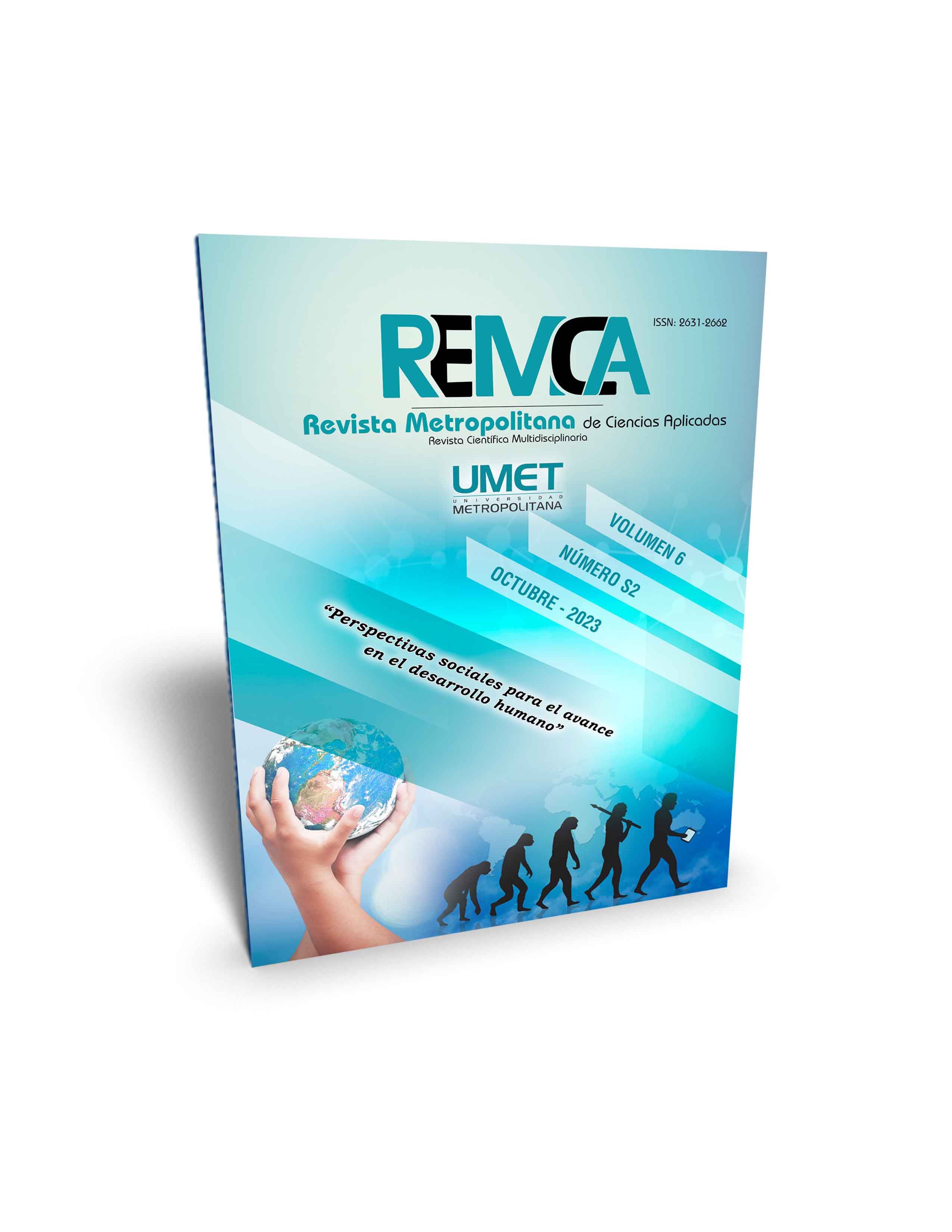The formation of cultural identity through dance practices linked to the Parrandas of Guayos in Cuba
DOI:
https://doi.org/10.62452/vwa7g924Keywords:
Dance practice, traditional popular festival, traditional party, cultural identityAbstract
The article addresses some characteristics of the Guayos traditional party (traditional festivals of the central region of Cuba), declared Cultural Heritage of the Nation in 2013 and Intangible Cultural Heritage of Humanity in 2018.These celebrations, also named changüíes, integrate creatively music, dance, singing, religious beliefs, food, drink, clothing, all as part of traditional popular culture, which embody, in various ways, the roots of those who preserve the roots of the people. Based on these elements, it is argued that the potential of the traditional party has not been used sufficiently for the formation of cultural identity in children, adolescents and young people. Dance practices with children and adolescents, developed by the House of Culture of Guayos and linked to traditional party, allow cultural traditions to be kept alive and contribute to the formation of cultural identity, the development of a sense of belonging to the community and its traditions.
Downloads
References
Castells, M. (2003). Internet, libertad y sociedad: una perspectiva analítica. Polis, Revista de la Universidad Bolivariana, 1(4).
Colectivo de autores. (1986). Segunda Conferencia Mundial sobre Políticas Culturales. Artículo de Armando Hart. Pueblo y Educación.
Cuba. Asamblea Nacional del Poder Popular. (2019). Constitución de la República de Cuba. Editora Política.
Delgado, E. (2018). La globalización en clave cultural: una mirada latinoamericana. https://occsiet.wordpress.com/2018/04/12/la-globalizacion-en-clave-cultural-una-mirada-latinoamericana/
Enebral Rodríguez, R. (2012). La preparación del maestro primario para la concepción de un ambiente identitario en el proceso de enseñanza-aprendizaje de la Educación Plástica. (Tesis doctoral). ISP Capitán Silverio Blanco Núñez. Sancti Spíritus.
Feliu Herrera, V. (2001). Fiestas Populares Tradicionales, La jiribilla, (14). http://www.lajiribilla.cu/2001/n14-agosto/etn/fiestastxt.htm
García Canclini, N. (2006). La sociología de la cultura de Pierre Bourdieu. https://hum.unne.edu.ar/biblioteca/apuntes/Apuntes%20Ciencias%20de%20la%20Educacion/Sociologia/Unidad4/NGC_La_sociologia_de_cult_P_Bourdieu.pdf
Guerra, R. (2003). Apreciación de la Danza. Letras Cubanas.
Martín-Barbero, J. (2003). La globalización en clave cultural. Una mirada latinoamericana. Renglones, revista del ITESO, 53.
Seijas Bagué. C. (2010). La Identidad cultural, en las disciplinas del ciclo artístico. Pueblo y Educación.
Tejeda del Prado, L. (2001). Ser y Vivir. Pueblo y Educación.
Torres Maya, H. F., & Verdecia Marín, M. (2021). La responsabilidad social universitaria y su visión estético-social y ambiental. Revista Universidad y Sociedad, 13(6), 318-330.
Downloads
Published
Issue
Section
License
Copyright (c) 2023 María de la Caridad Rodríguez-Díaz, Orlando José González-Sáez, Ramón Luis Herrera-Rojas, Hugo Freddy Torres-Maya (Autor/a)

This work is licensed under a Creative Commons Attribution-NonCommercial-ShareAlike 4.0 International License.
Authors who publish in Revista Metropolitana de Ciencias Aplicadas (REMCA), agree to the following terms:
1. Copyright
Authors retain unrestricted copyright to their work. Authors grant the journal the right of first publication. To this end, they assign the journal non-exclusive exploitation rights (reproduction, distribution, public communication, and transformation). Authors may enter into additional agreements for the non-exclusive distribution of the version of the work published in the journal, provided that acknowledgment of its initial publication in this journal is given.
© The authors.
2. License
The articles are published in the journal under the Creative Commons Attribution-NonCommercial-ShareAlike 4.0 International License (CC BY-NC-SA 4.0). The terms can be found at: https://creativecommons.org/licenses/by-nc-sa/4.0/deed.en
This license allows:
- Sharing: Copying and redistributing the material in any medium or format.
- Adapting: Remixing, transforming, and building upon the material.
Under the following terms:
- Attribution: You must give appropriate credit, provide a link to the license, and indicate if any changes were made. You may do this in any reasonable manner, but not in any way that suggests the licensor endorses or sponsors your use.
- NonCommercial: You may not use the material for commercial purposes.
- ShareAlike: If you remix, transform, or build upon the material, you must distribute your creation under the same license as the original work.
There are no additional restrictions. You may not apply legal terms or technological measures that legally restrict others from doing anything the license permits.




